Apple and Google announced a system to track the spread of the new terror named Coronavirus. In addition, It will allow users to share data through Bluetooth Low Energy (BLE) transmissions. Alongside that, it will include apps from health organizations.
At present, The blueprint of the new system is in a series of documents and white papers. In the first place, it would use short-range Bluetooth communications to establish a voluntary contact-tracing network. Furthermore, keeping substantial data on phones that have been in close proximity to each other. In addition, Official apps from public health authorities will get access to this network. As a matter of fact, users who download them can report if they are Coronavirus effected as the application will perform the diagnosis. Notably, The system will also alert the users whether they are in close contact with an infected person.
Both the tech giants will introduce a pair of iOS and Android APIs in mid-May. And it is to make sure health authorities can implement them in their apps. Till then, users will have to download an app to participate in contact-tracing which could limit adoption. Whenever both the API is complete, the companies will work on building tracing functionality into the underlying operating system as an option immediately available to everyone with an iOS or Android phone.
Contact tracing
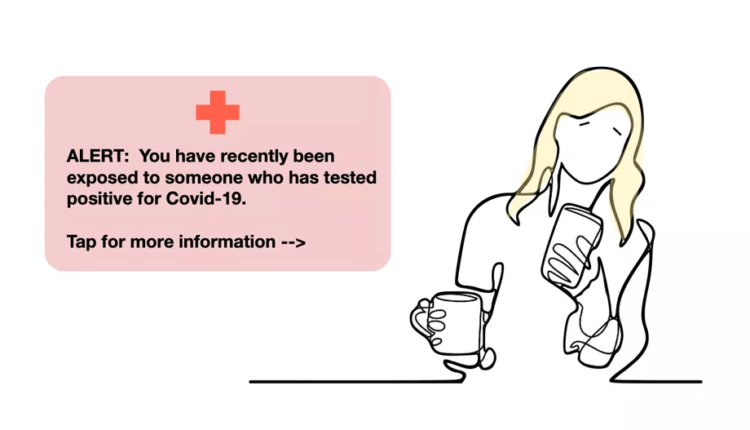
It includes the detection of people who have been in contact with an affected person. Moreover, it is to prevent them from infecting others. This seems one of the most promising solutions to reduce Coronavirus transmission. However, doing it in digital surveillance technology raises privacy concerns and questions about effectiveness at large. Earlier this week, the American Civil Liberties Union raised showed doubts about tracking users with phone data. Their concern is, any system would need to be limited in scope and avoid compromising user privacy.
To begin with, the Bluetooth system will pick up the signals of nearby phones at 5-minute intervals and store the connections between them in a database. Besides that, If anyone tests positive for the novel Coronavirus, they can inform it through the app. Therefore, it will notify other people whose phones passed within close range in the previous days.
Check Out: Coronavirus Latest Updates
In addition to that, the system also ensures the privacy of the people from being identified even after they’ve shared their information. The app sends information out over Bluetooth regularly. moreover, it broadcasts an anonymous key instead of a static identity that cycle every 15 minutes to preserve privacy. In fact, once a person confirms that they are Coronavirus positive, the app will only share keys from the specific period in which they were contagious.
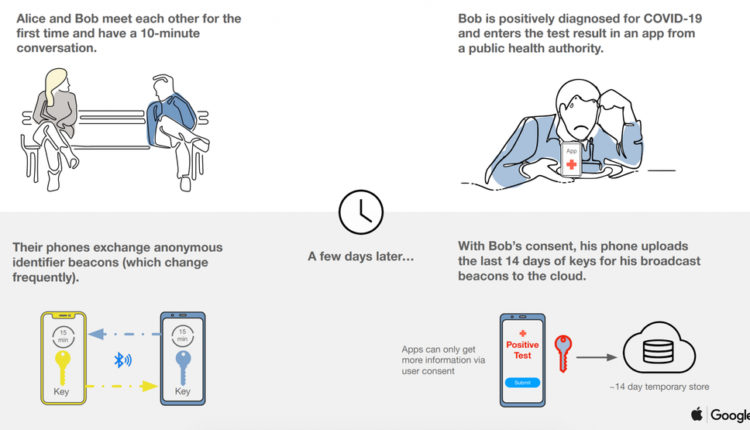
Limitations
However, there is no centrally accessible master list of which phones have matched, contagious or otherwise. Because the devices themselves are performing the cryptographic calculations required to protect privacy. The central servers not only govern the database of shared keys but also interactions between those keys.
Read More: Coronavirus Hackathon by Facebook Microsoft & WHO
Furthermore, the method still has potential limitations. For instance, in crowded areas, it could detect people in adjacent rooms who are not actually sharing space with the user. And this can make people worry unnecessarily. It may also not capture the variation of how long someone was working next to an infected person all day. Such as, it will expose you to a much greater viral load than walking by them on the street. Moreover, it relies on people having apps in the short term and the latest smartphones in the long term. As a result, it can be less effective in areas with lower connectivity.
At the same time, It is also a relatively new program. Besides that, Apple and Google are still discussing with public health authorities and other stakeholders about its operations. This system probably may not succeed dated methods of contact tracing. For instance, interviewing infected people about the places and people they spent time with. However, it could offer a noble service using a device that billions of people already own.
#StayHome #StaySafe #StayConnected with Markedium.




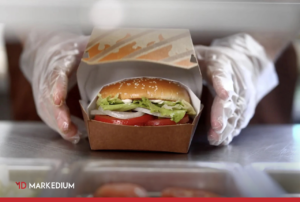











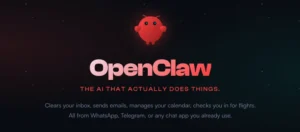
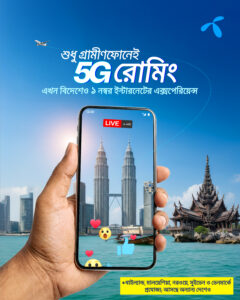










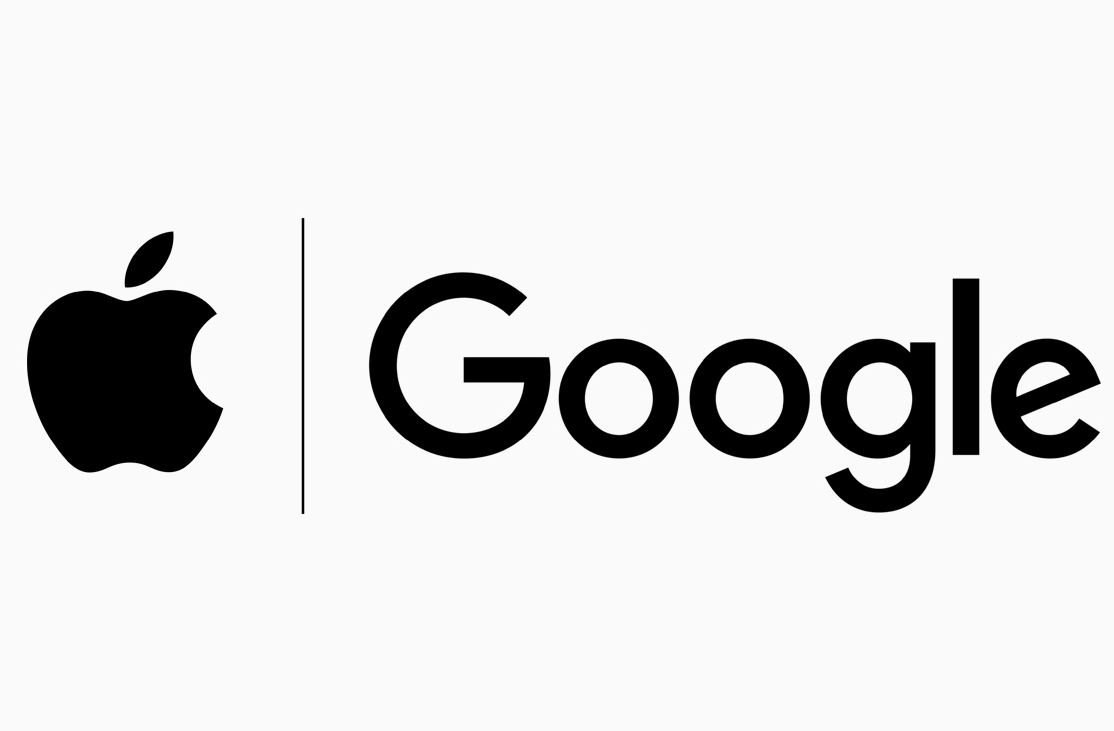
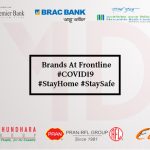
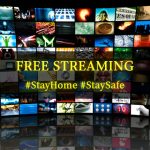
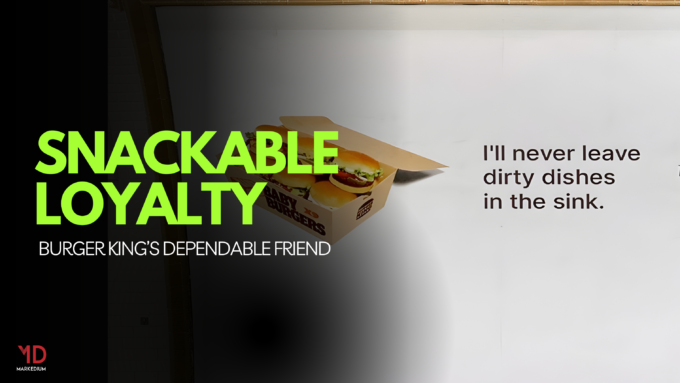




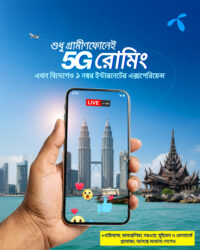
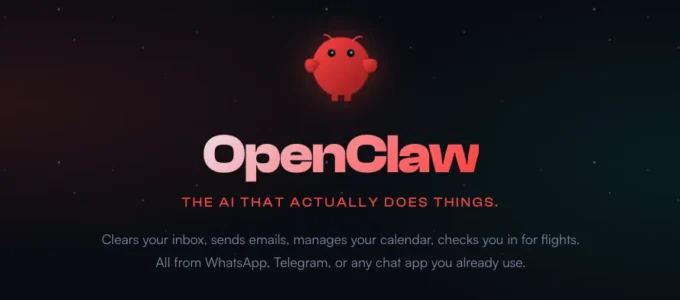
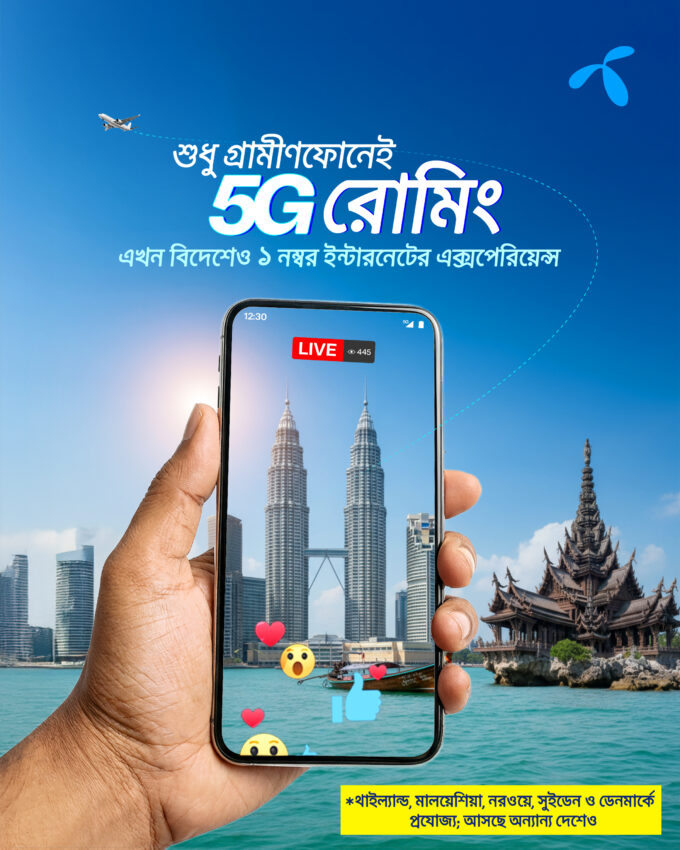
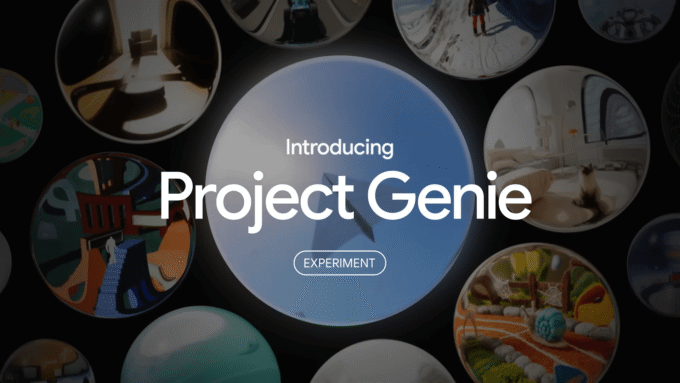




Leave a comment